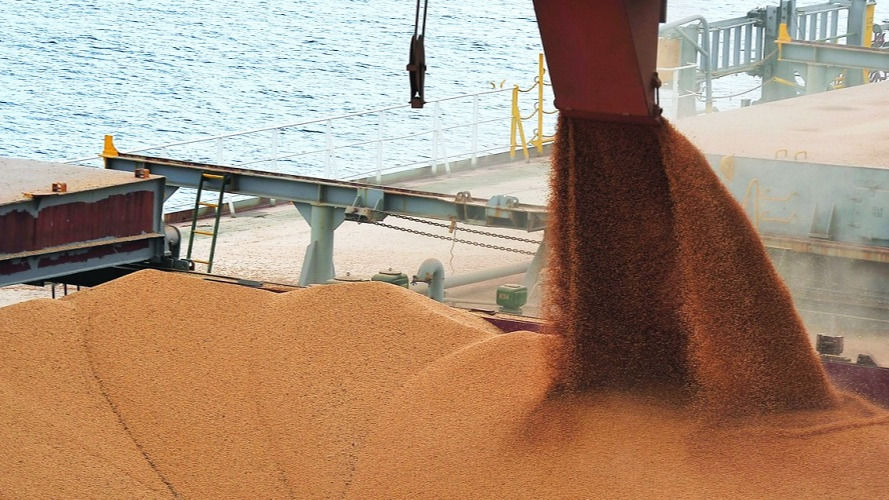CNA discusses the outlook for trade between Brazil and China.
- Emily A. Vieira

- Mar 7, 2024
- 2 min read

Sueme Mori, the Director of International Relations at the Brazilian Confederation of Agriculture and Livestock (CNA), participated in a webinar hosted by the Brazil-China Business Council (CEBC) on Tuesday (5) to discuss the future of exports to the Asian country.
The event, opened by CEBC President Ambassador Luiz Augusto de Castro Neves, featured speakers such as Gustavo Biscassi from Vale's External Relations and Rodrigo Gedeon, the Asia-Pacific General Manager of ApexBrasil. Tulio Cariello, CEBC's Director of Content and Research, moderated the discussion.
Brazilian exports to China reached a fourth consecutive record in 2023, totaling $104 billion, marking the highest value ever sold by Brazil to a single country. Given this scenario, panelists deliberated on the prospects for increased business in the Chinese market and the challenges for the coming years.
During her speech, Sueme Mori emphasized the importance of maintaining Brazilian commodity exports to China while also diversifying the agricultural agenda.
"The Chinese government knows that, even if they increase domestic production, they won't achieve self-sufficiency. So, we need to utilize this market space to export products like coffee, honey, and fruits."
Sueme stated that China (and Asia as a whole) will remain the primary market for Brazilian agriculture, anticipating population, income, and food demand growth over the next ten years.
When asked about the factors contributing to the significant increase in Brazilian corn exports to China last year, Sueme cited crop failures in the United States and Argentina, along with the ongoing Russia-Ukraine conflict impacting global grain availability and supply.
"The U.S. corn exports to China dropped from $5.3 billion in 2022 to $1.7 billion in 2023, and Brazil filled that gap thanks to our record harvest. A combination of factors made corn stand out last year," she explained.
Regarding exports of animal protein, CNA's Director of International Relations noted that Brazil is a major supplier of beef, chicken, and pork to China. However, concerns arise due to the decline in international market prices.
"In 2021, pork exports increased. In the medium term, China's expectation is to reduce pork and chicken imports but increase beef imports, mainly due to urbanization and rising per capita income."






Comments